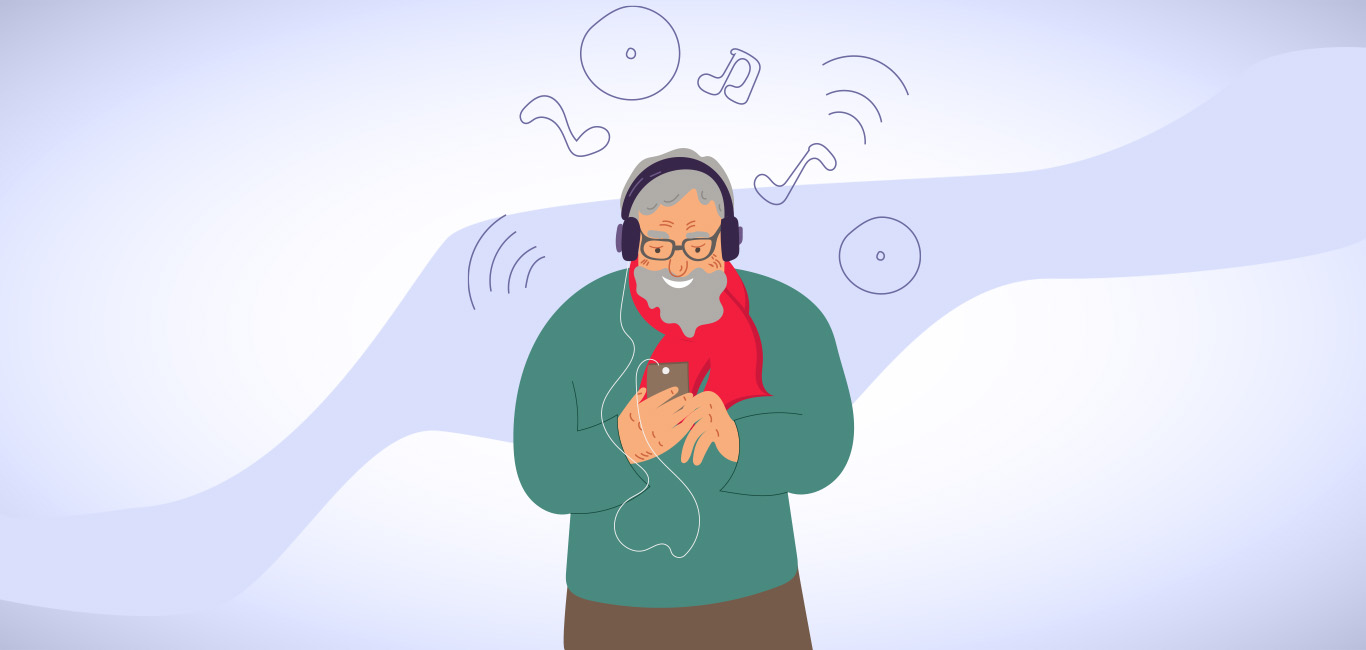
Tobacco consumption is a significant contributor to health problems worldwide. Smoking cigarettes, chewing tobacco or vaping are some ways people consume tobacco.
Nicotine is an addictive component in tobacco, and each year, more than 7 million people worldwide succumb to the ill effects of nicotine. The number is rising, making tobacco the leading cause of preventable casualties worldwide.
“Nicotine addiction or nicotine dependence is a condition in which a person is taking nicotine, despite having faced the harmful effects of it, and is unable to leave it,” says Dr Abhimanyu Chandak, neuropsychiatrist, ManaSthya Clinic, Mysuru.
There is a slightly decreasing trend in smoking due to public awareness. However, nicotine consumption in various forms has remained the same as before. In the younger population, the male-to-female ratio is almost equal. In older people, it is male dominant, elaborates Dr Chandak.
How nicotine affects the brain
Nicotine from smoked cigarettes reaches the brain in as little as seven seconds after inhalation. It quickly crosses the blood-brain barrier and binds to nicotinic receptors in the brain.
Activation of these receptors stimulates the reward pathway in the brain (mesocorticolimbic dopamine system).
“Nicotine binds to these receptors of dopamine neurons in the brain’s ventral tegmental area (VTA) and causes it to release a lot of dopamine,” says Dr Chandak. Dopamine causes sensations of happiness and pleasure, elevating one’s mood, he adds.
“Nicotine also prevents the release of [another brain chemical] GABA (gamma-aminobutyric acid). GABA has an inhibitory effect on the release of dopamine. This prevents any check upon the release of dopamine,” says Dr Chandak.
The overall effect is that of a dopamine surge in the brain, which causes pleasurable feelings. Over time, the body gets used to this increased level of dopamine and craves nicotine, he elaborates.
Read More: How to quit smoking
Read More: Trash the ash: Seven ways smoking affects your musculoskeletal health
The addiction mechanism
“After repeated use of nicotine, the nicotinic receptors become ‘desensitised’, which means they no longer respond to the nicotine,” says Dr Chandak. In effect, the brain senses this no-response and creates more receptors.
Since there are more receptors now, the body needs more nicotine to activate these additional receptors to get the same amount of dopamine, he elaborates. “After some time, these receptors also get desensitised, and the brain produces more receptors and so on. Their number keeps multiplying,” Dr Chandak explains.
The vicious loop does not end here. The desensitisation of receptors causes a sudden fall in dopamine levels in the brain even while taking the same amount of nicotine. This leads to nicotine dependence or tolerance, requiring more nicotine to get a dopamine rush, Dr Chandak explains.
There is a psychological aspect to this when someone is stressed and turns to nicotine for relief. However, over time, the stress persists even with nicotine use, leading them to consume more nicotine or tobacco to feel better, he explains.
Common symptoms of nicotine dependence
Dr Chandak describes several symptoms in a person with nicotine addiction. This includes:
- Craving: An unpleasant, uncontrollable urge for nicotine—individuals might want to walk out for a smoke in between work or during a social event.
- Tolerance: The same amount of nicotine does not give the same ‘high’ or effect as before. This leads to the person needing more nicotine for the same effect.
- Loss of control: A person might decide to have just one or two cigarettes in a day but ends up having more.
- Harmful use: Despite facing harmful after-effects such as breathing difficulty, cough, sputum, constipation and heart issues, the person continues consuming nicotine.
- Withdrawal: When individuals stop using nicotine, they can face physical or mental effects that cause social and occupational dysfunction.
- Individuals can display increased anger and aggression and they might get into arguments at work and with family.
- Severe headaches disrupt their daily functioning.
- Smoking can lead to various mental and social problems, including tardiness in class, frequent work breaks, and decreased productivity.
“If any three of these symptoms are observed for most of the time in the last one year, we can say that person is dependent on nicotine,” says Dr Chandak.
Managing nicotine dependence
Dr Chandak says nicotine dependence can be managed in multiple ways. “Best management is observed using the combination of nicotine replacement/medication with counselling for about three to six months, depending on how motivated the person is,” he says.
He lists the typical methods:
- Counselling helps manage craving, and prevent the recurrence of nicotine use
- Distraction habits can be created
- Replacement habits that give the same dopamine boost
- Medicines help decrease the craving for nicotine as they have the same action. Antidepressants are also sometimes recommended.
- Controlled doses of different sources of nicotine are given as replacements. It includes chewing gum, nicotine pills, inhalers and nicotine patches. The doctor starts the person on a dose equivalent to the current consumption and gradually reduces it over four to six weeks, sometimes up to three months.
“We see a number of people from different backgrounds (rural, semi-urban and urban) and different socio-economic strata struggling with nicotine addiction. But the motivation of the person to quit is very important,” sums up Dr Chandak.
Read More: What’s the buzz about dopamine rush
Read More: Natural ways to boost dopamine and serotonin levels
















